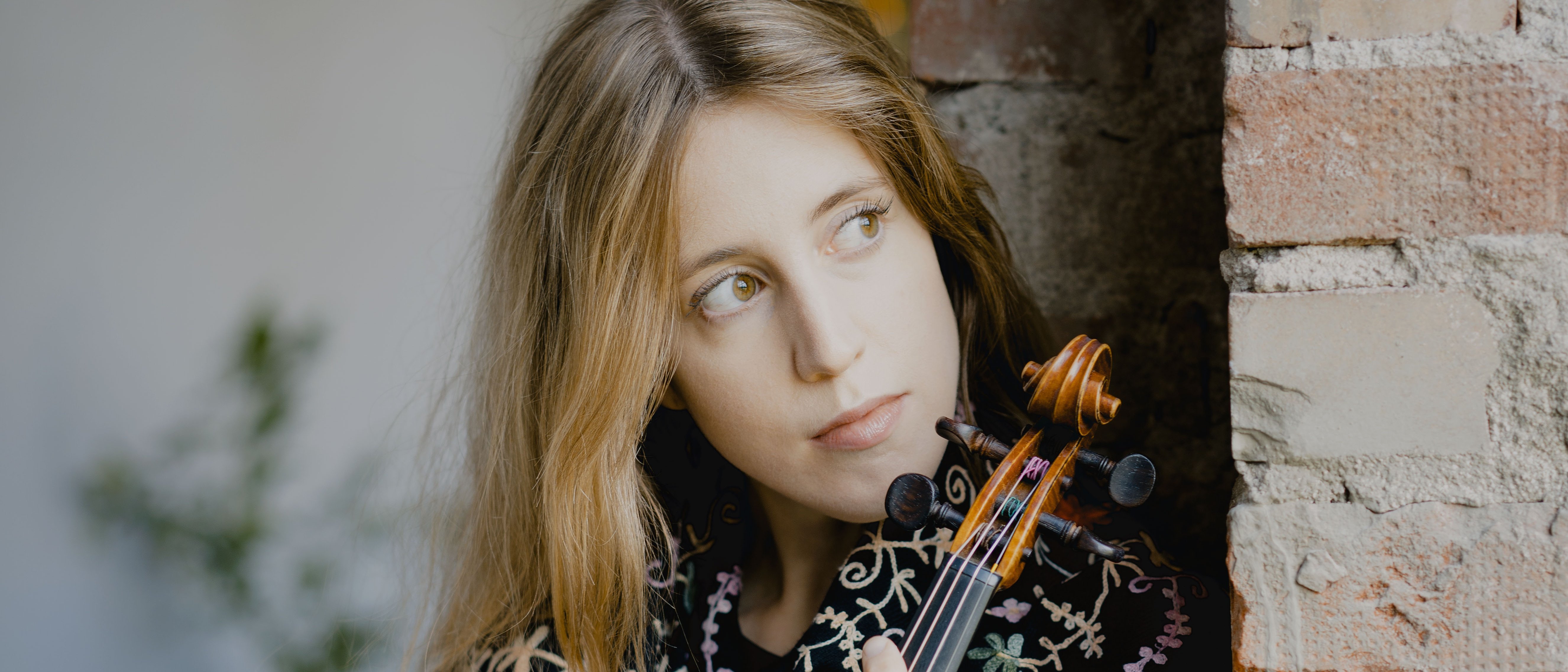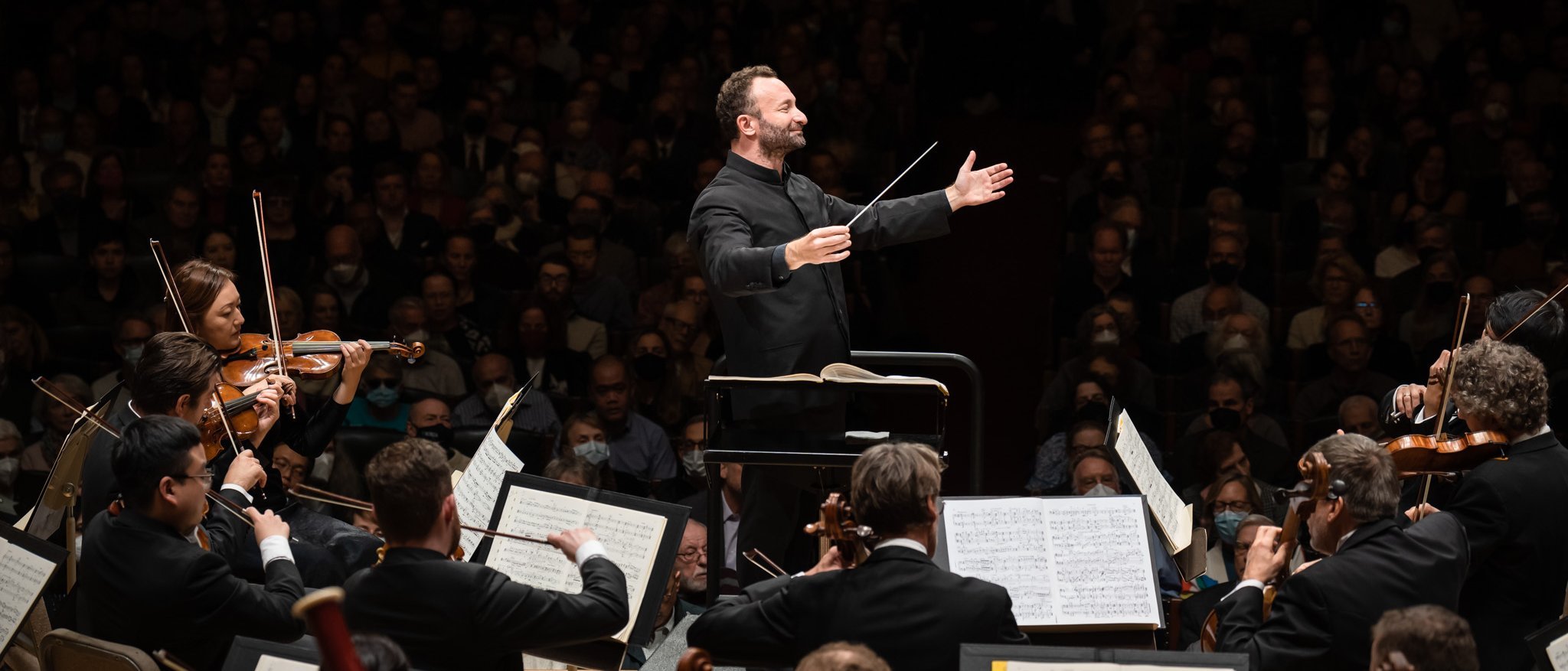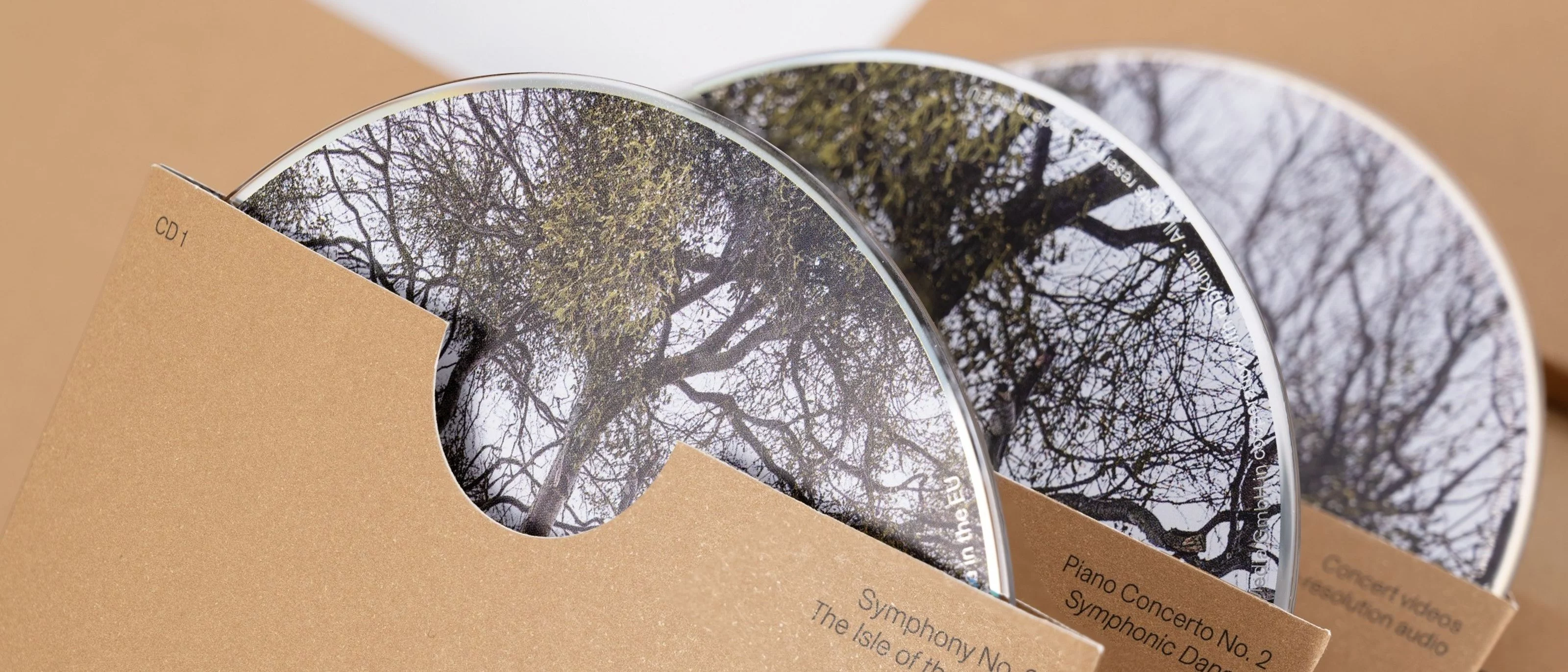Concert information
Info
At times melancholic and rugged, at others with a dance-like lightness: Antonín Dvořák’s Seventh Symphony presents a broad spectrum of contrasting moods, infused with the unmistakable colouring of Czech folk music. Kirill Petrenko also conducts Erich Wolfgang Korngold’s Violin Concerto with Vilde Frang as the soloist. Exiled from his native Vienna, Korngold brought his lush late romantic harmonic language to Hollywood; in this piece, his film music can be heard again and again. Sergei Rachmaninov’s mystical tone poem The Isle of the Dead takes us into yet another hypnotic sound world.
Artists
Berliner Philharmoniker
Kirill Petrenko conductor
Vilde Frang violin
Programme
Sergei Rachmaninoff
Isle of the Dead, Symphonic Poem, op. 29
Erich Wolfgang Korngold
Concerto for Violin and Orchestra in D major, op. 35
Vilde Frang violin
Interval
Antonín Dvořák
Symphony No. 7 in D minor, op. 70

Main Auditorium
37 to 106 €
Introduction
19:15
Series L: Concerts with the Berliner Philharmoniker

Main Auditorium
37 to 106 €
Introduction
19:15
Series K: Concerts with the Berliner Philharmoniker

Main Auditorium
37 to 106 €
Introduction
19:15
Series B: Concerts with the Berliner Philharmoniker
The high-flyer
Erich Wolfgang Korngold and the Berliner Philharmoniker

What a start! Erich Wolfgang Korngold was just 15 years young when the Berliner Philharmoniker performed his Schauspiel Overture op. 4 in December 1912 under the baton of their highly acclaimed chief conductor Arthur Nikisch. The young composer from Vienna was considered a child prodigy.
Plan your visit
Opening hours, program booklets, dress code, introductions and more
How to get to the Philharmonie Berlin
Whether by bus, train, bike or car: Here you will find the quickest way to the Philharmonie Berlin - and where you can park there.
Ticket information
Advance booking dates, opening hours, seating plans, discounts


